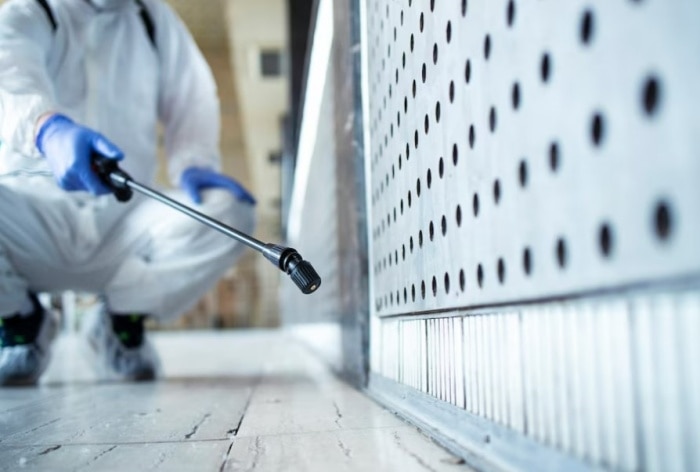Kerala has reported an increasing number of rat fever cases and the health department has also issued an advisory.
The arrival of the monsoon also brings several health problems. Like the seasonal flu, during the rainy season, cases of waterborne illnesses increase. Fungal infections, monsoon allergies, waterborne diseases, there are several things to keep in mind. While dengue fever and malaria are a common occurrence during this time, rat fever cases are on the rise again in Kerala this year.
Rat fever, or leptospirosis, is a rare bacterial infection that originates in animals. It is usually transmitted through their feces, mainly from rodents, farm animals, or dogs. According to WebMD. It sure is unpleasant, but it’s not life threatening.
There was a recent spike in rat fever cases in Kerala, reportedly over 50,000 people have been affected.
Symptoms of rat fever:
While there are mainly some generic symptoms and signs of rat fever, some people may not have any symptoms at all. If not treated early, leptospirosis can lead to kidney damage, meningitis (inflammation of the membrane that surrounds the brain and spinal cord), liver failure, respiratory distress, and even death, according to the CDC.
- nausea and vomiting
- Abdominal pain
- Diarrhea
- Headache
- High fever
- Jaundice
- Red eyes
How long does rat fever last?
After coming in contact with the contaminated source, the fever can last from a few days to almost 2 weeks. Reports say that many people are being admitted to hospitals across the state due to various fevers including dengue fever and rat fever, and bacterial infections are also spreading. The state health department has issued a directive for people not to resort to self-medication and to consult a doctor.
5 tips to prevent waterborne diseases
- Avoid tap water: Public spaces have plenty of tap water. Otherwise, one should also avoid using the tap water directly to reduce the risk of dirty water.
- Hand hygiene: It is important to maintain proper hand hygiene. Wash your hands before eating, after coming home from outside, using the bathroom, etc.
- Wash your fruits and vegetables:
- clean environment: Eliminate the possibility of stagnant water and keep the environment clean to avoid mosquito breeding sites.
- Stay away from puddling: Avoid going near waterlogged places, as it can pose a health risk. always wash your feet after returning from a rainy walk.
Published Date: July 6, 2023 5:38 PM IST
–>
–>


